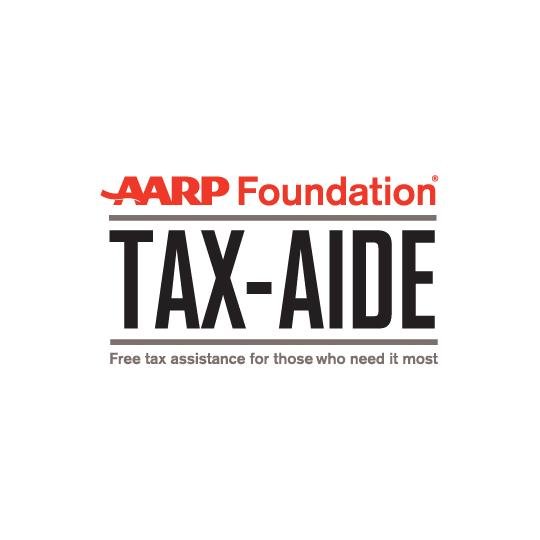Volunteers In Action of Central Kansas, the sponsor for AARP TaxAide Foundation is now scheduling tax appointments. Eight trained counselors will help those in our communities who find it very difficult to pay the fee to have this yearly filing done, said Linn Hogg, Volunteers In Action director. The tax preparation is free to anyone who needs it, with priority going to those who are 50 or older or have low to moderate income.
“The goal for this program is primarily to help seniors in the community that need to file and/or wanting to apply for the Kansas Homestead Refund,” Hogg said. “Our services are also available to low and moderate income families,” Hogg said.
Appointments can be made by calling the Volunteers In Action office at 620-792-1614 between the hours of 9 a.m. to 4 p.m. Walk-in appointments are not accepted.
Last year the program helped 280 people from a four county area, she said. The savings added up to more than $61,000.
“Our counselors go through tax classes each year and our required to pass multiple tests before they can sit down and prepare a person’s tax return,” said Hogg.
AARP Foundation Tax-Aide volunteers are trained to assist a tax payer in filing many income tax forms and schedules.
However, she noted, the Volunteer Protection Act requires that volunteers stay within the scope of tax law set by the IRS for the program. In certain situations, volunteers may be unable to provide assistance.
Examples include income rentals, moving expenses, some investment income, royalty income, farm or farm co-op income or expenses and complicated capital gains/losses such as futures or options.
What to bring
These items are needed if applicable to your situation.
• Previous year’s tax return.
• All correspondence received from the IRS and your state/local taxing authority.
• Social Security cards and/or ITIN notices/cards or other official documentation that show the taxpayer identification numbers for every individual on your return.
• Government-issued photo ID for each taxpayer.
• Checking or savings account information if you want to direct deposit any refund(s) or direct debit any amounts due.
• Identity Protection PIN (IP PIN) (for each individual if applicable).
Income
• W-2 for each employer.
• 1099-G form for unemployment compensation or state/local income tax refunds.
• SSA-1099 form showing the total Social
• Security benefits paid to you for the year, or RRB-1099, Tier 1 Railroad Retirement benefits form.
• 1099 forms (or other statements) reporting interest (1099-INT), dividends (1099-DIV) and/or proceeds from sales (1099-B), plus documentation showing the original purchase prices if you sold stocks or other assets.
• 1099-R form if you received a pension, annuity, or IRA distribution.
• 1099-MISC, 1099-K, or other 1099 forms. If you have a business, bring a summary list of all your income (cash and non-cash) and all business-related expenses.
• Information about any other income of any form including cash.
• IRS letter 6475 detailing the Economic Impact Payment (stimulus) amounts received.
• IRS letter 6419 detailing any Advance Child Tax Credit received.
Payments
• Records of any federal and/or state and/or local income tax paid (including quarterly estimated tax payments) if not shown on income documents.
Deductions
• Most taxpayers have a choice of taking either a standard deduction or itemizing their deductions.
• If you have a substantial amount of deductions, you may want to itemize. If so, bring the following information:
• 1098 form showing home mortgage interest.
• A summary list of medical/dental/vision expenses including doctor and hospital bills and medical insurance premiums, prescription medicines, assisted living services, long-term insurance and bills for medical related home improvements such as ramps and railings for people with disabilities.
• Summary of cash and non-cash contributions to charity.
• Property tax bills paid during the year (frequently shown on mortgage statement)..
Health Insurance
• 1095-A forms if you purchased insurance through the Marketplace (Exchange).
Credits/Adjustments
• Dependent care provider information – name, address, telephone number and employer ID or Social Security number and amount paid to provider.
• 1098-T form for education expenses plus statement of account from the educational institution showing tuition and fees actually paid and scholarships, grants, etc. received. Also bring a summary of any other education expenses.
1098-E form for student loan interest.







